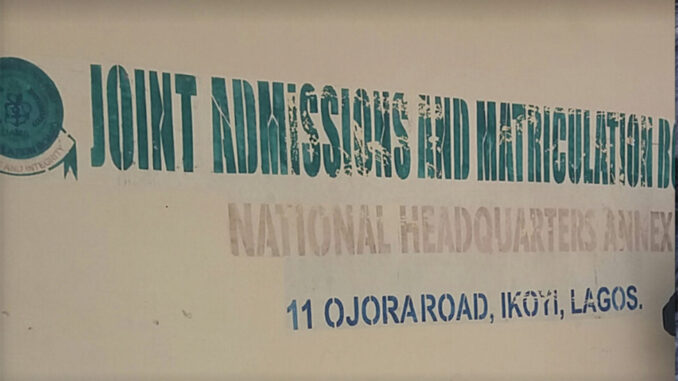
Nigeria is a member of the United Nations, which has established the United Nations Educational, Scientific and Cultural Organisation (UNESCO), primarily to promote education for all, with a mandate to lead the Global Education 2030 Agenda through Sustainable Development Goal 4. It is prescribed by the UN that all member States shall make reasonable efforts to allocate not less than 26% of their annual budget to education. This is so because the UN and indeed all of humanity now consider education as a human right. This stems from several declarations and conventions, including the International Covenant on Economic, Social and Cultural Rights, which recognizes the right to free, compulsory primary education for all, an obligation to develop secondary education accessible for all and an obligation to develop equitable access to higher education, by the progressive introduction of free higher education, as encapsulated in Article 26 of the United Nations Declaration on Human Rights and replicated in Articles 13 and 14 of International Covenant on Social and Cultural Rights.
It is in the light of all the above that Nigeria declared its educational objectives in section 18 of the 1999 Constitution as follows:
“18. Government shall direct its policy towards ensuring that there are equal and adequate educational opportunities at all levels.
Government shall promote science and technology.
Government shall strive to eradicate illiteracy; and to this end, Government shall as and when practicable provide:
(a) free, compulsory and universal primary education;
(b) free secondary education;
(c) free university education; and
(d) free adult literacy programme.”
Nigeria has always made feeble attempts to implement the UN charter on education. Indeed, in the early 1970s, we had the Universal Primary Education (UPE), through which most governments in the regions adopted free education. In the South West in particular, Chief Obafemi Awolowo made free education his priority programme, with tremendous results in human capital development. Till date, most States in the South West of Nigeria have compulsory free education at the elementary stages. In Lagos State for instance, section 9 of the Education Law of Lagos State provides that “tuition in either a primary or a secondary school shall be free of charge”, and it imposes a jail term of 18 months upon anyone who receives or obtains any fee or levy as tuition. In 2004, the Federal Government of Nigeria enacted the Universal Basic Education Act, which makes provision for basic education. The Act also provides for the establishment of the Universal Basic Education Commission, UBEC, to coordinate the implementation of the programme, at state and local government levels, through the State Basic Education Board, SUBEB and the Local Government Education Authority, LGEA. The Education Tax Fund was also established.
In spite of all the above, we now have a government institution (JAMB) that prides itself in taxing the poor in the guise of offering their wards admission, when in fact, it has become a money gobbling agency of the government. The worrisome part of this is the failure rate of candidates who partake in these compulsory examinations, going by the figures released for year 2021. While commending the lofty reforms being introduced by the Registrar since he came on board, there are many areas that deserve primary focus, in the overall interest of the candidates. For instance, constant orientation programmes should be organized for potential candidates online, which should be directed towards making them become familiar with the procedure of the conduct of the examinations, counselling lessons on choice of courses and guidance on career opportunities, especially in courses that most of them are not familiar with, in order to reduce the pressure on the major courses. There should also be constant interactions between the tertiary institutions and JAMB, for the purpose of eliminating the usual hiccups associated with admissions.
In a nation where educational institutions have become endangered by bandits, terrorists, kidnappers and rapists, there is a need to fashion out deliberate policies that will reduce the battles that Nigerians face just to acquire meaningful education. If this had been the attitude of governments in times past, certainly many of us would not have dreamed of ever going through any tertiary institution in Nigeria. Funding of education should be a deliberate policy of the government, which should not be abandoned to greedy institutions and agencies that seem to have misplaced their original priorities for placement to be ranked among revenue making agencies of government.
Adegboruwa is a senior advocate of Nigeria SAN.
END

Be the first to comment